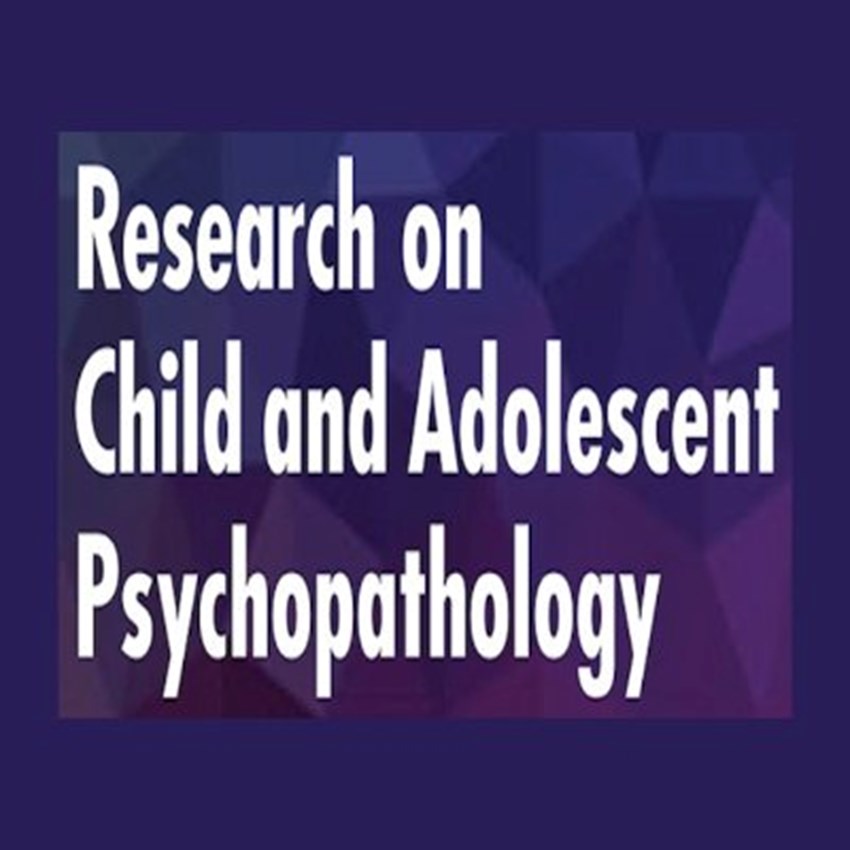Desana Kocevska, investigadora principal do projeto de investigação 381/20 - Pathways from prenatal and postnatal stress to sleep quality across childhood: The role of the amygdala and cortisol, apoiado pela Fundação BIAL, estudou o impacto do stress psicossocial pré-natal (eventos de vida, stressores contextuais, parentais e interpessoais) no sono de 4.930 crianças aos 2 meses, 1.5, 2, 3 e 6 anos. Além disso, determinou o risco poligénico para a insónia numa subamostra de 2.063 crianças. Observou-se um maior stress pré-natal total associado a mais problemas de sono em todos os momentos entre os 2 meses e os 6 anos de idade. O stress pré-natal e, em particular, os eventos negativos de vida durante a gravidez, interage com a probabilidade genética para insónias, exacerbando os problemas de sono aos 6 anos de idade. Para saber mais sobre este estudo, consulte o artigo A Longitudinal Study of Stress During Pregnancy, Children’s Sleep and Polygenic Risk for Poor Sleep in the General Pediatric Population publicado na revista científica Research on Child and Adolescent Psychopathology.
ABSTRACT
Early life stress is robustly associated with poor sleep across life. Preliminary studies suggest that these associations may begin already in utero. Here, we study the longitudinal associations of prenatal psychosocial stress with sleep across childhood, and assess whether prenatal stress interacts with genetic liability for poor sleep.
The study is embedded in the Generation R population-based birth cohort. Caregivers reported on prenatal psychosocial stress (life events, contextual, parental or interpersonal stressors) and on children’s sleep at ages 2 months, 1.5, 2, 3 and 6 years. The study sample consisted of 4,930 children; polygenic risk scores for sleep traits were available in 2,063.
Prenatal stress was consistently associated with more sleep problems across assessments. Effect sizes ranged from small (B = 0.21, 95%CI: 0.14;0.27) at 2 months to medium (B = 0.45, 95%CI: 0.38;0.53) at 2 years. Prenatal stress was moreover associated with shorter sleep duration at 2 months (Bhrs = -0.22, 95%CI: -0.32;-0.12) and at 2 years (Bhrs = -0.04, 95%CI -0.07; -0.001), but not at 3 years (Bhrs = 0.02, 95%CI: -0.02;0.06). Prenatal negative life events interacted with polygenic risk for insomnia to exacerbate sleep problems at 6 years (Binteraction = 0.07, 95%CI: 0.02;0.13).
Psychosocial stress during pregnancy has negative associations with children’s sleep that persist across childhood, and are exacerbated by genetic liability for insomnia. Associations with sleep duration were more pronounced in infancy and seem to attenuate with age. These findings highlight the role of the prenatal environment for developing sleep regulation, and could inform early intervention programs targeting sleep in children from high-risk pregnancies.





























































































